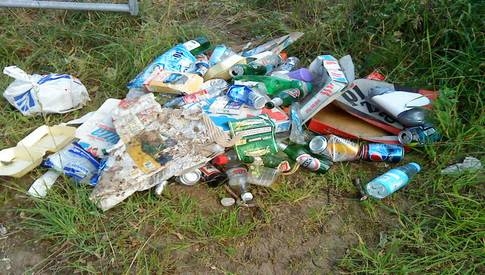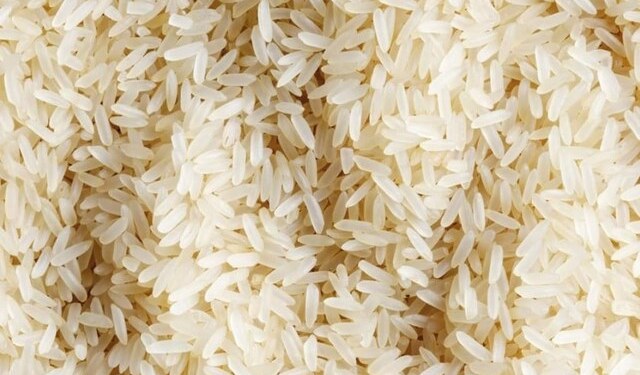January 5, 2016 Updated 1/5/2016
Email Print
PRW Staff

Keep Britain Tidy measured the percentage of the 7,200 monitored sites across the country which were ‘below an acceptable standard’. In all, plastic bag waste contributed to 12 percent of those sites in 2014-15.
English non-profit group Keep Britain Tidy has revealed that plastic bag litter in England went up in the last year.
The group’s research, unveiled in a Dec. 21 news release, revealed the results of its annual survey of the state of the nation’s streets, carried out on behalf of the United Kingdom’s Department for the Environment and Rural Affairs.
Overall, it said, littering has improved, with 90 percent of the 7,200 sites it monitors listed as having an “acceptable standard” for litter. However, that number masks increases in some types of litter, which includes plastic bags and snack wrappers. Plastic bag waste contributed to 12 percent of those sites which were below the standard, compared to 10 percent in 2013-2014.All plastic bag litter, which includes both single use and multi-use bags, had been on the decrease briefly. In 2006, it was found at 12 percent of the affected sites, but dropped to 8 percent in 2012 before rising again by 2013-14.
The newest survey was taken before the U.K. launched a 5 cent fee for single-use plastic bags.
“It will be interesting to see how much this contributes to a reduction in the amount of highly-visible carrier bag litter blowing about, litter that does so much environmental damage, especially when it reaches the marine environment,” said Keep Britain Tidy CEO Allison Ogden-Newton. “
However plastic bag litter was only the 10th worst contributing factor to litter. The worst was smokers’ materials, found at 72.8 percent of all sites, while gum “staining” — the term for gum that has been walked on and cannot be removed easily —showed up at 64 percent of sites.
Beyond bags, plastic items likely were part of other items in the top 10, however, including candy packs, soft drink bottles and cans and alcoholic drink packaging.
The study concluded: “It is unlikely that local authority budgets for street cleansing will be increased in the foreseeable future, so it is important that all of those groups involved in reducing litter continue to work together in partnership so that people can enjoy a litter-free environment throughout the country.”




























